FREEDOM OF EXPRESSION AND BOYCOTT
In its judgment Baldassi et al. v. France, rendered on June 11, 2020 (applications no. 15271/16 et al.), the European Court of Human Rights found a violation of freedom of expression (Article 10 of the European Convention) to the detriment of activists of the Palestinian cause. The latter had participated in actions calling for a boycott of products imported from Israel as part of a « Boycott, Divestment and Sanctions » (BDS) campaign launched in 2005 following the July 9, 2004 opinion of the International Court of Justice in which the international court held that « the construction of the wall being built by Israel, the occupying power, in the Occupied Palestinian Territory, including in and around East Jerusalem, and its associated régime, are contrary to international law. The applicants were convicted of « incitement to economic discrimination », knowing that the Court of Cassation had ruled in favor of the application of article 24, paragraph 8, of the law of July 29, 1881 in the case of a call for a boycott of products imported from Israel.
The main issue to be decided by the European Court in this case was whether or not the criminal conviction of the applicants for their participation in actions calling for a boycott of products originating in Israel was compatible with the requirements of Article 10 of the European Convention on Human Rights, which protects freedom of expression. For the European Court, the « boycott is primarily a means of expressing protesting opinions », and the call for a boycott falls in principle within the protection of Article 10. However, it notes that it is a « particular form of exercise of freedom of expression in that it combines the expression of a protesting opinion with incitement to differential treatment so that, depending on the circumstances, it may constitute a call to discriminate against others ». The Court emphasized that a call to discriminate is a call to intolerance, which is a limit of protection, in the same way as a call to violence or hatred (§64). However, it emphasizes that inciting « to treat differently does not necessarily amount to inciting to discriminate ».
In order to comply with the European Convention, such interference with freedom of expression had to be provided for by law, have a legitimate aim – such as the protection of the « rights of others », in this case the commercial rights of the producers and suppliers of the products concerned – and be necessary in a democratic society. In this sense, to be compatible with the Convention, the interference had to meet a compelling social need. From an argumentative point of view, the judgment distinguishes the case in question from the Willem v. France judgment of July 16, 2009 (application no. 10883/05), in which the Court had ruled that there was no violation of Article 10 in a case concerning a mayor who had asked the municipal catering services to boycott Israeli food products. The mayor had been convicted of incitement to discrimination on the basis of Articles 23 and 24 of the Law of July 29, 1881. The Court had taken into account the quality of the mayor who had departed from his duty of reserve and neutrality, and had taken his decision without discussion and without a vote.
In this case, unlike the Willem case, the applicants were « ordinary citizens » whose purpose was to « provoke or stimulate debate among supermarket consumers ». There was no violence, no damage, no racist or anti-Semitic remarks. In finding a violation of Article 10 of the European Convention, the Court emphasized that these « actions and statements were political and militant expression » and that, moreover, they « concerned a subject of general interest, that of the State of Israel’s respect for public international law and the human rights situation in the occupied Palestinian territories, and were part of a contemporary debate that was open in France as well as throughout the international community.


